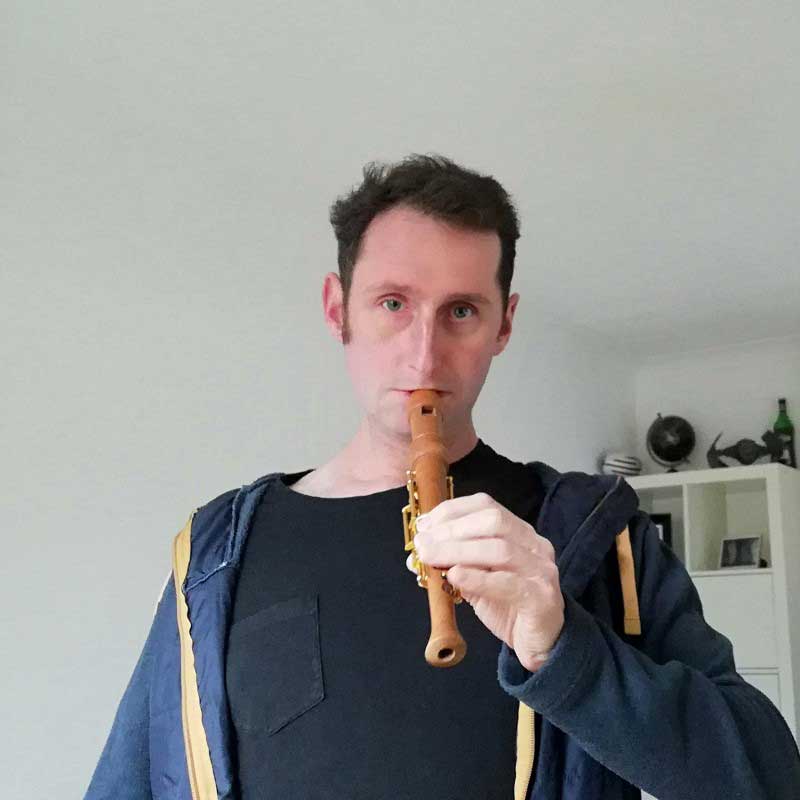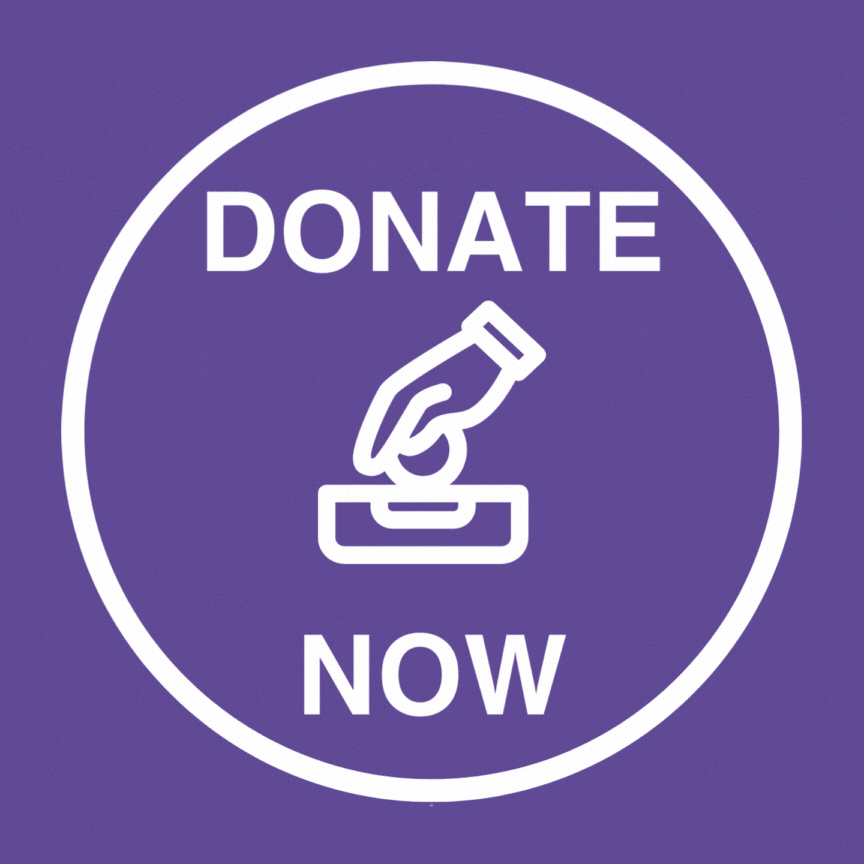Case Study: How surviving a stroke led back to a childhood love of the recorder |
When a person develops a disability, activities that were once considered unremarkable can seem stubbornly out of reach.
Here we tell the story of Gareth Churchill, a disabled composer based in Cardiff, who rekindled his love of the recorder after surviving a stroke.
Here we tell the story of Gareth Churchill, a disabled composer based in Cardiff, who rekindled his love of the recorder after surviving a stroke.





